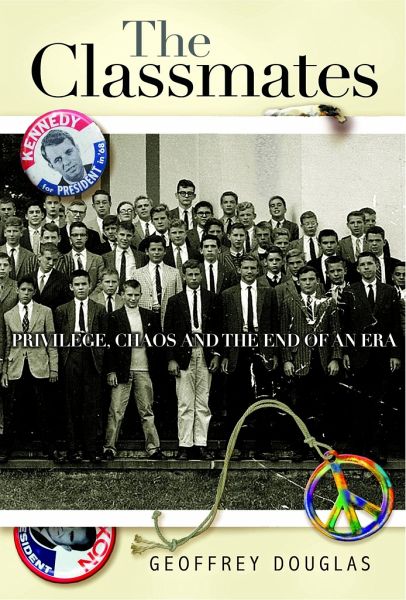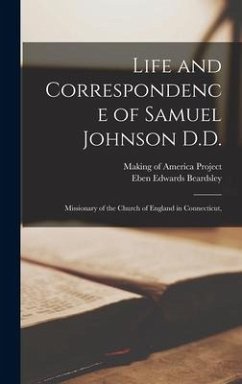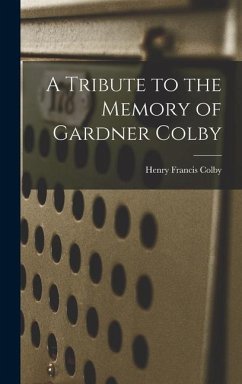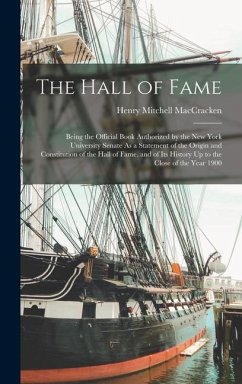
The Classmates
Privilege, Chaos, and the End of an Era

PAYBACK Punkte
17 °P sammeln!
In this haunting memoir, Douglas breaks the code of silence to reveal the emptiness and loneliness of living a life of privilege. Readers follow the author's parents, a politically ambitious charmer and his stylish wife, whose lives slide into a tailspin of tragedy, abuse, and wealth without value.
Fifty years ago, in the fall of 1957, two thirteen-year-old boys were enrolled at an elite, boys-only New England boarding school. One of them, descended from wealth and eminence, would go on to Yale, then to a career as a navy officer and Vietnam war hero, and finally to the U.S. Senate, from where he would fall just short of the White House. The other was a scholarship student, a misfit giant of a boy from a Pennsylvania farm town who would suffer shameful debasements at the hands of his classmates, then go on to a solitary and largely anonymous life as a salesman of encyclopedias and trailer parts--before dying, alone, twelve months after his classmate's narrow loss on Election Day 2004. It is around these two figures, John Kerry and a boy known here only as Arthur, the bookends of a class of one hundred boys, that Geoffrey Douglas--himself a member of that boarding-school class--builds this remarkable memoir. His portrait of their lives and the lives of five others in that class--two more Vietnam veterans with vastly divergent stories, a federal judge, a gay New York artist who struggled for years to find his place in the world, and Douglas himself--offers a memorable look back to a generation caught between the expectations of their fathers and the sometimes terrifying pulls of a society driven by war, defiance, and self-doubt. The class of 1962 was not so different from any other, with its share of swaggerers and shining stars, outcasts and scholarship students. Its distinction was in its timing: at the precise threshold of the cultural and political upheavals of the late 1960s. The world these boys had been trained to enter and to lead, a world very similar to their fathers', would be exploded and recast almost at the moment of their entrance--forcing choices whose consequences were sometimes lifelong. Douglas's chronicle of those times and choices is both a capsule history of an era and a literary tour de force.













